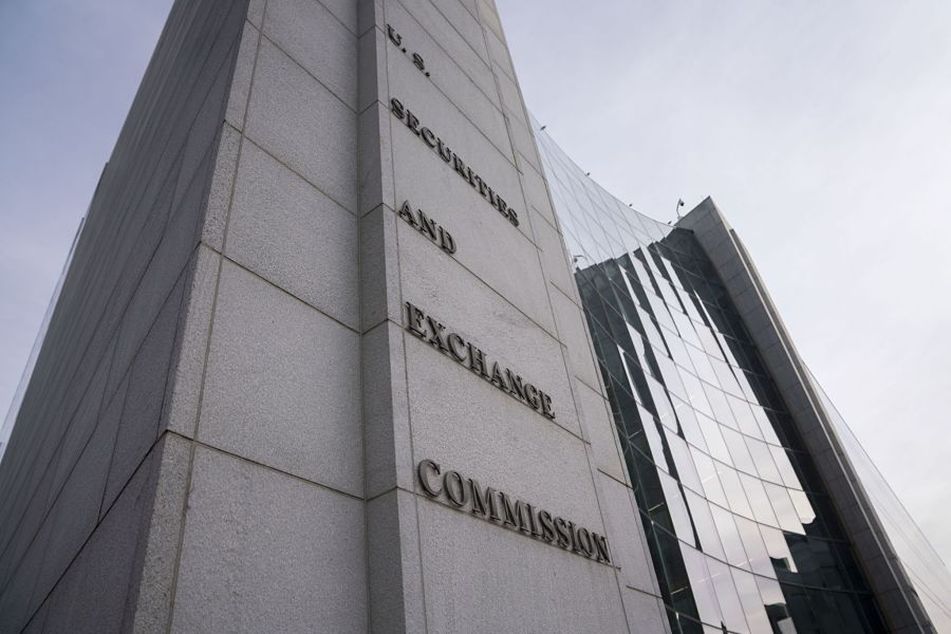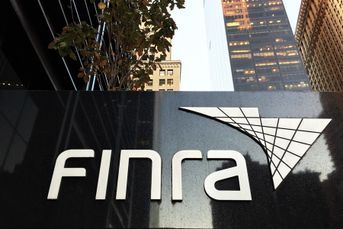SEC orders San Diego B-D to pay $800,000 over fund share class disclosures

Madison Avenue Securities didn't disclose or didn't adequately disclose conflicts associated with compensation the firm received from certain advisory client investments.
The Securities and Exchange Commission Tuesday ordered Madison Avenue Securities of San Diego to pay more than $800,000 to settle charges that it breached its fiduciary duty in connection with its mutual fund share-class selection practices, as well as the related receipt of third-party compensation based on its advisory clients’ investments in certain mutual funds, including cash sweep money market funds.
In an order released Tuesday, the commission said that since February 2016, Madison Avenue Securities didn’t disclose or didn’t adequately disclose conflicts associated with compensation the firm received from certain advisory client investments. Madison Avenue Securities has close to $1.8 billion in assets under management, according to its Form ADV.
Those investments included: cash sweep money market funds for which Madison received revenue sharing; mutual funds that resulted in Madison receiving fees from at least February 2016 through April 2018, when lower-cost share classes of the same funds became available to those clients; and no-transaction-fee mutual funds for which Madison also received revenue sharing.
Under the terms of the settlement, Madison Avenue Securities agreed to pay $580,000 in disgorgement, $74,000 in prejudgment interest and a $150,000 fine.
Marty McNees, president of Madison Avenue Securities, did not return a call to comment.
The SEC launched its Share Class Selection Disclosure Initiative in February 2018 to target advisory firms that recommended high-fee mutual funds – those that charged 12b-1 fees that went to the firms – without telling clients that less expensive share classes were available in the same funds.
With respect to the 12b-1 fees, the order finds that Madison, although eligible to do so, did not self-report to the SEC pursuant to the enforcement division’s Share Class Selection Disclosure Initiative.
Firms that turned themselves in as part of that program avoided civil penalties but did pay money back to investors.
What’s the ‘one thing’ advisers need to do to increase their business? Ed Slott has the answer
Learn more about reprints and licensing for this article.







